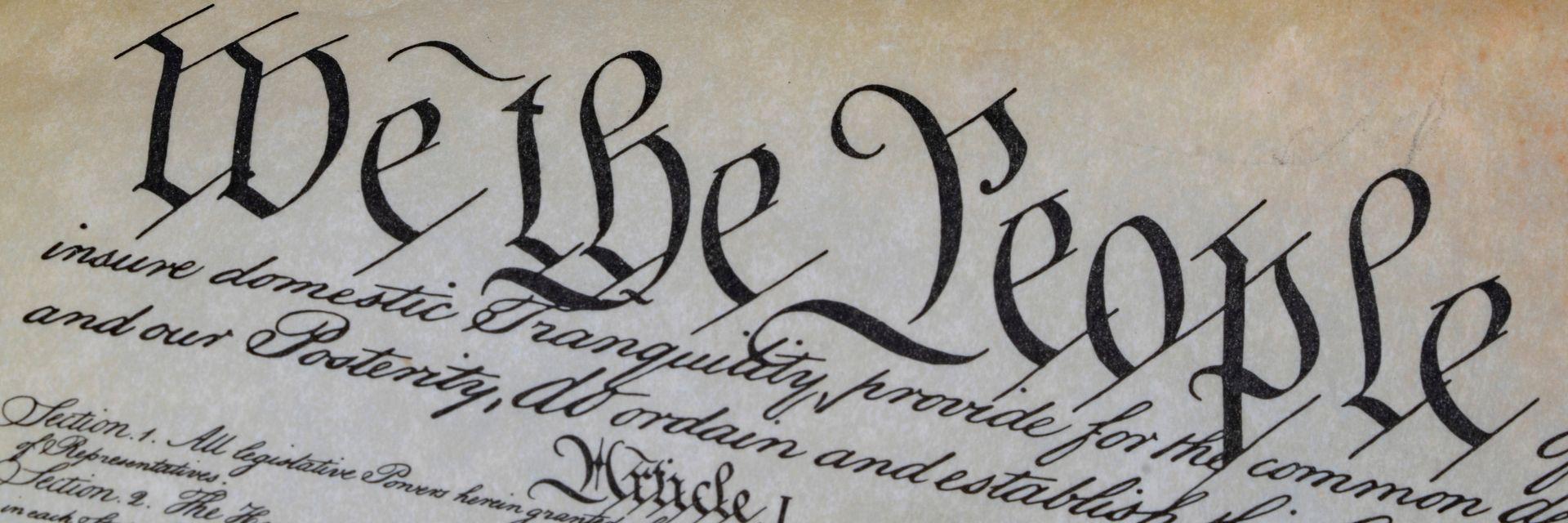Constitutional Rights
What are your individual rights and liberties under the U.S. Constitution?
This course will consider the fluid state of constitutional rights in the United States. Students will explore recent and current U.S. Supreme Court cases shaping these rights. They will grapple with open-ended debates in which scholars engage continuously over the determinants of legal change and the prevailing interpretation of individual rights in the U.S. Constitution.
You can expect to:
- Consider the competing roles of political change and desire for legal continuity on the interpretation of the U.S. Constitution and the fluid state of individual rights.
- Describe the Supreme Court's role in the larger American political system, its place in the separation of powers, and how the political environment shapes individual rights.
- Work in teams to simulate an oral argument on cases pending before the U.S. Supreme Court.
 Patrick Wohlfarth is Professor and the Director of Undergraduate Studies in the Department of Government and Politics. His research and teaching interests include American political institutions and quantitative methodology with a focus on judicial politics. His recent and current research examines judicial behavior and legal institutions in the United States, including the impact of justices' personalities on the U.S. Supreme Court, public opinion and jurisdiction stripping, and the effects of cognitive aging in the federal judiciary. Dr. Wohlfarth is coauthor of two books: The Conscientious Justice: How Supreme Court Justices' Personalities Influence the Law, the High Court, and the Constitution (Cambridge University Press, 2020); and U.S. Supreme Court Opinions and Their Audiences (Cambridge University Press, 2016). His third co-authored book -- The Effects of Cognitive Aging on Federal Circuit Court Judges -- is forthcoming with Oxford University Press.
Patrick Wohlfarth is Professor and the Director of Undergraduate Studies in the Department of Government and Politics. His research and teaching interests include American political institutions and quantitative methodology with a focus on judicial politics. His recent and current research examines judicial behavior and legal institutions in the United States, including the impact of justices' personalities on the U.S. Supreme Court, public opinion and jurisdiction stripping, and the effects of cognitive aging in the federal judiciary. Dr. Wohlfarth is coauthor of two books: The Conscientious Justice: How Supreme Court Justices' Personalities Influence the Law, the High Court, and the Constitution (Cambridge University Press, 2020); and U.S. Supreme Court Opinions and Their Audiences (Cambridge University Press, 2016). His third co-authored book -- The Effects of Cognitive Aging on Federal Circuit Court Judges -- is forthcoming with Oxford University Press.

